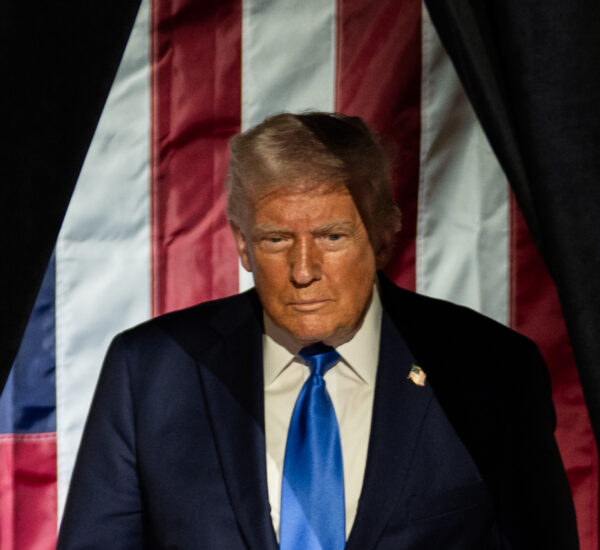Japanese Americans Call Out Trump
Japanese American civil rights leaders are expressing strong disapproval of former President Trump’s recent comparison between the January 6 Capitol rioters and the Japanese Americans who were interned during World War II. This comparison has been deemed not only inappropriate but also fundamentally flawed.
David Inoue, the executive director of the Japanese American Citizens League, emphasized the stark differences between the two situations. “It’s entirely offensive to equate these experiences,” he stated. “During World War II, entire families were unjustly incarcerated solely based on their heritage, without any legal recourse. They were not criminals; they were simply Japanese Americans.”
In contrast, Inoue pointed out that individuals charged in connection with the January 6 events have had their day in court, facing legal consequences for their actions. “They’ve been indicted or convicted,” he noted. “Their incarceration follows a lawful process, unlike the unjust internment experienced by Japanese Americans.”
Trump, in a recent interview, raised questions about the continued detention of those involved in the January 6 riot, suggesting that their treatment mirrored that of Japanese Americans during the war. He mentioned a Supreme Court ruling that criticized the application of certain obstruction laws against these individuals. However, his comparison has been met with significant backlash from those who understand the historical context.
Ann Burroughs, president of the Japanese American National Museum, labeled Trump’s analogy as “egregiously inaccurate.” She stressed that the forced removal and incarceration of Japanese Americans, who were stripped of their rights without due process, bears no resemblance to the treatment of those involved in the Capitol riot.
Sharon Yamato, whose parents were interned, expressed her outrage at the comparison. “It’s horrible to suggest any similarity between Japanese Americans and insurrectionists who engaged in violent acts that resulted in injuries and loss of life,” she asserted.
Trump has previously referred to January 6 participants as “warriors” and expressed support for them, which further complicates his narrative. As the Justice Department pursues charges against approximately 1,500 individuals connected to the Capitol breach, it’s clear that the legal repercussions they face stem from serious offenses, distinct from the unjust actions taken against Japanese Americans during World War II.
As conservatives, it’s vital to acknowledge and respect the unique historical injustices faced by different groups. The lessons of the past, particularly those surrounding civil liberties, remind us of the importance of due process and the rule of law—principles that must guide our discourse today.





